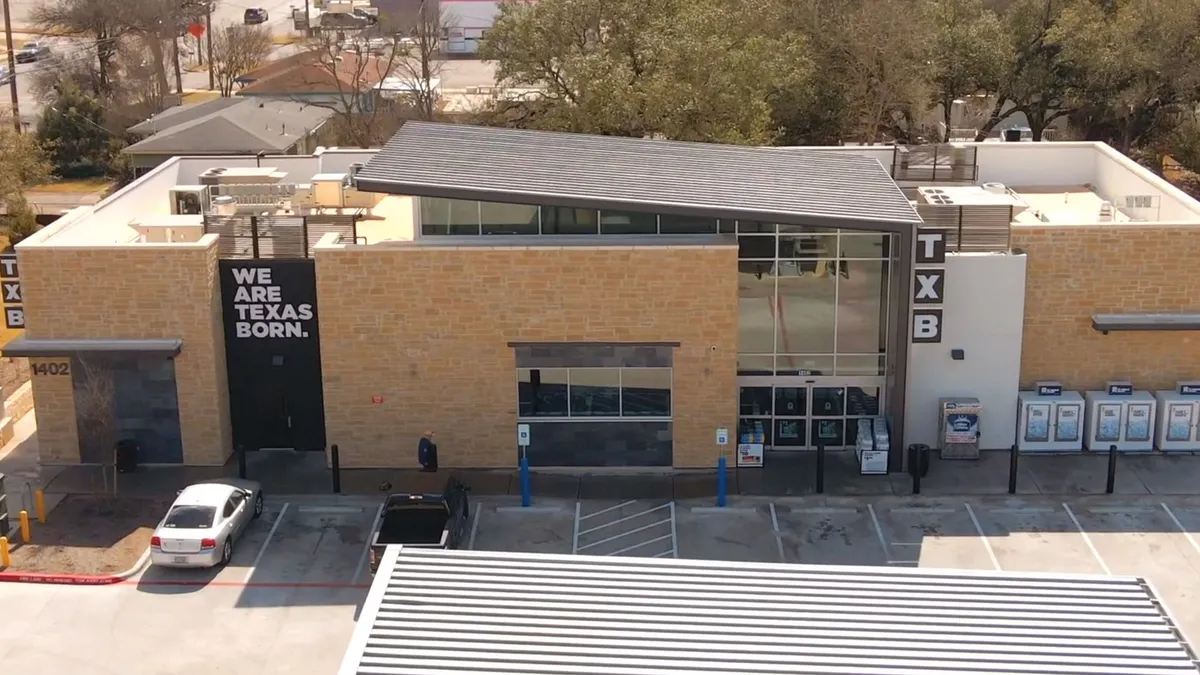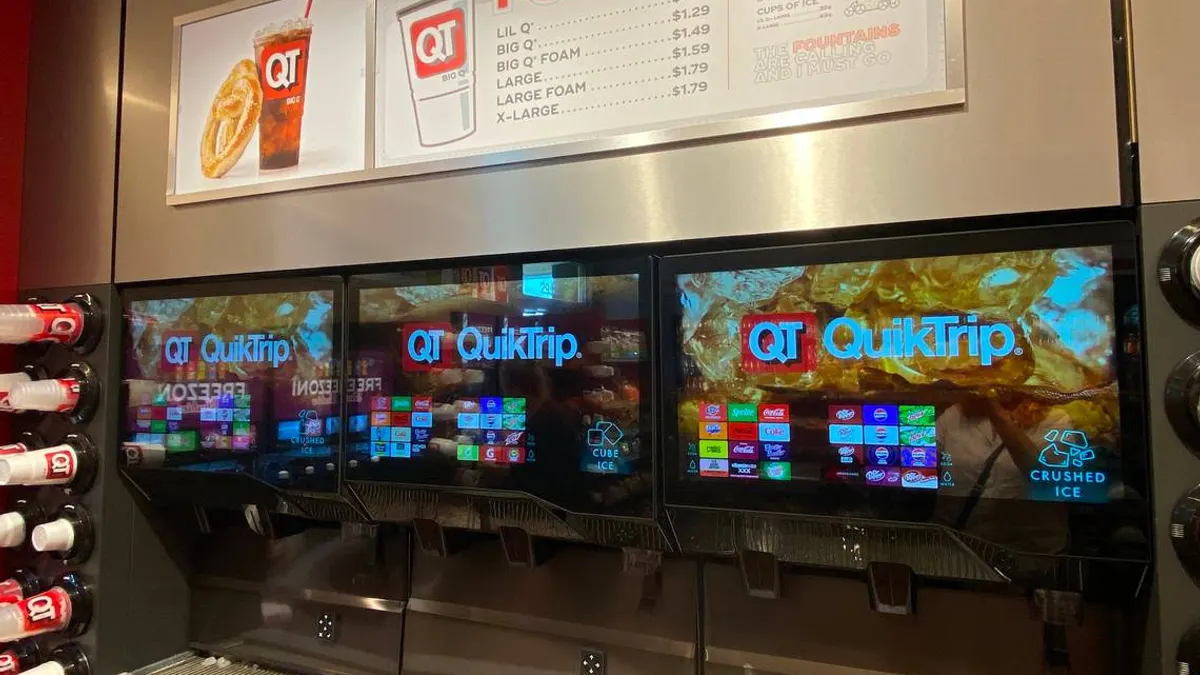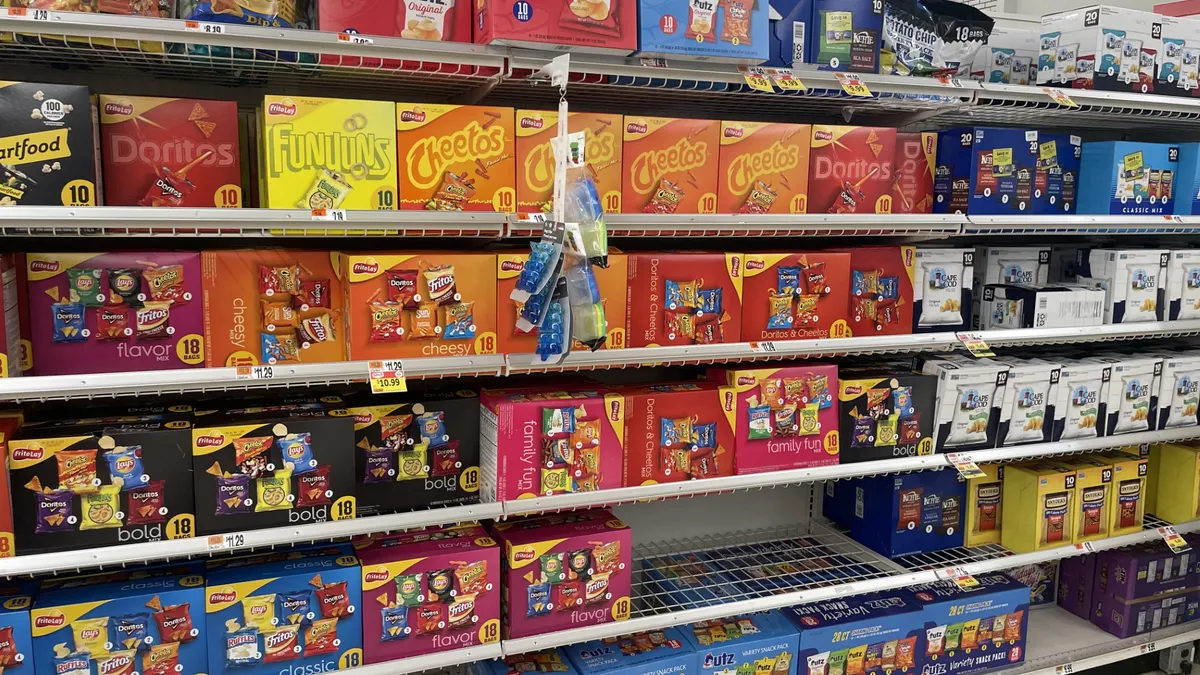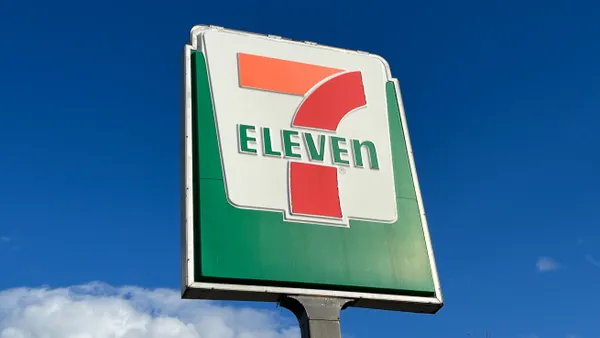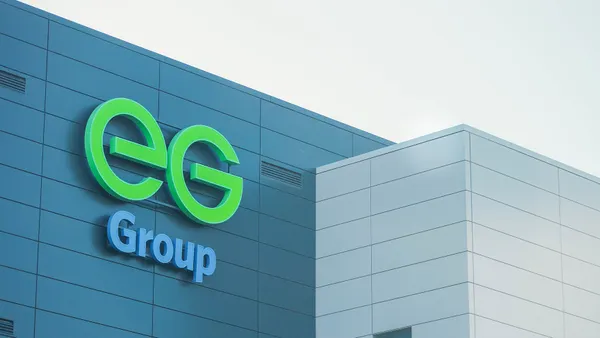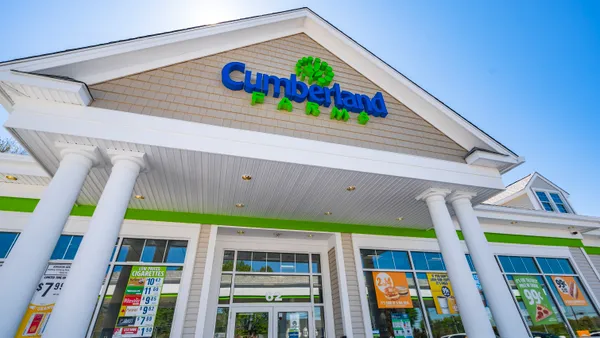Convenience retailer TXB Stores used to clean its restrooms every hour. But that’s changed ever since the company started using artificial intelligence software from Spark Cognition with its security camera feed.
Now, the software — which tracks people entering and leaving stores — counts how many people are going in and out of the restrooms so TXB’s staff knows exactly when to clean them, Kevin Smartt, CEO of TXB, said during a recent roundtable discussion hosted by Convenience Leaders Vision Group.
“You may have to clean it every hour, you may have to clean it every 15 minutes,” Smartt said. “But it’s telling us those type [of] things.”
Automation is increasingly becoming a priority as convenience retailers look to simplify their employee and customer experience. But while operators have acknowledged these technologies can help with tasks like shift scheduling and assigning duties, some remain hesitant to go full-speed ahead.
On a broader scale, TXB uses Spark Cognition’s software for “predictive modeling,” meaning it takes a headcount of customers who enter the store so TXB knows when to move more staff to the checkout counters or other areas, Smartt said.
The technology examines all of TXB’s camera feeds throughout its stores and offers actionable feedback. So while it may tell staff to go in and clean the restrooms, it also might point out a mess that needs mopping near the beverage station.
“If somebody spilled something, [the AI will] highlight it and send an alert right away,” Smartt said. “If somebody in our food department isn’t wearing protective gear, hats, gloves, whatever, it tells us immediately so we can remedy that.”
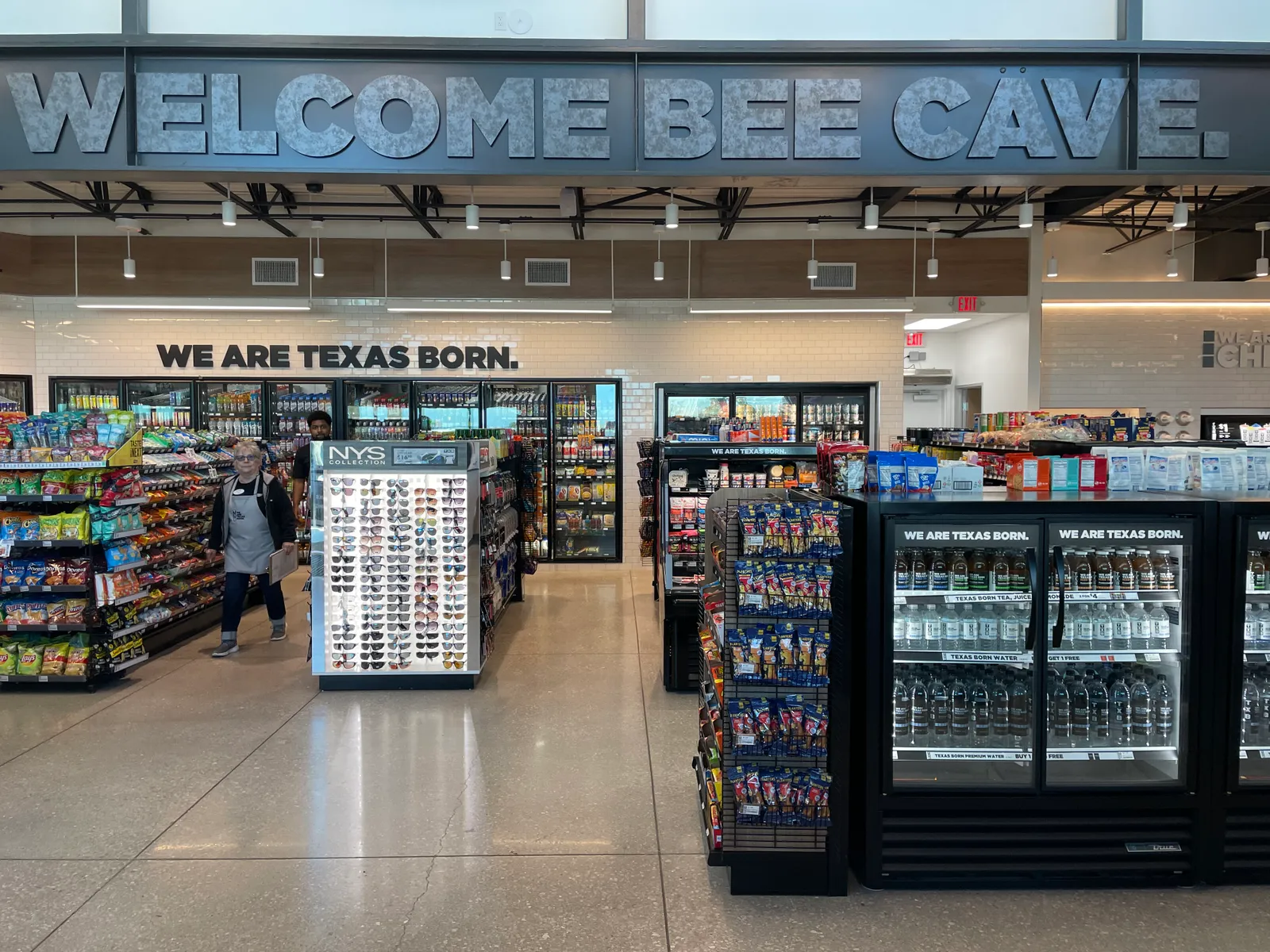
TXB is also exploring how it can use Spark Cognition’s software to help with inventory, specifically letting team members know when items are out of stock, Smartt said.
“The challenge is getting direct, good [camera] angles for intelligence to be able to recognize that,” he said.
TXB is also interested in using AI for fuel pricing purposes, although it hasn’t reached that point yet.
“Most companies price their fuel based on what’s happening on the street today, but the AI’s telling you what it thinks is going to happen at the end of the day and tomorrow, so you’re moving your price ahead of time, which is really an interesting thought process when you think about it,” Smartt said.
TXB, like the rest of the c-store industry, is still learning the best ways to use AI in its operations. Retailers will have to transform quickly if they want to use this type of technology, Smartt said.
“I think probably not just convenience retail, but retail in general — the technology’s moving faster than retail can move,” he said.



